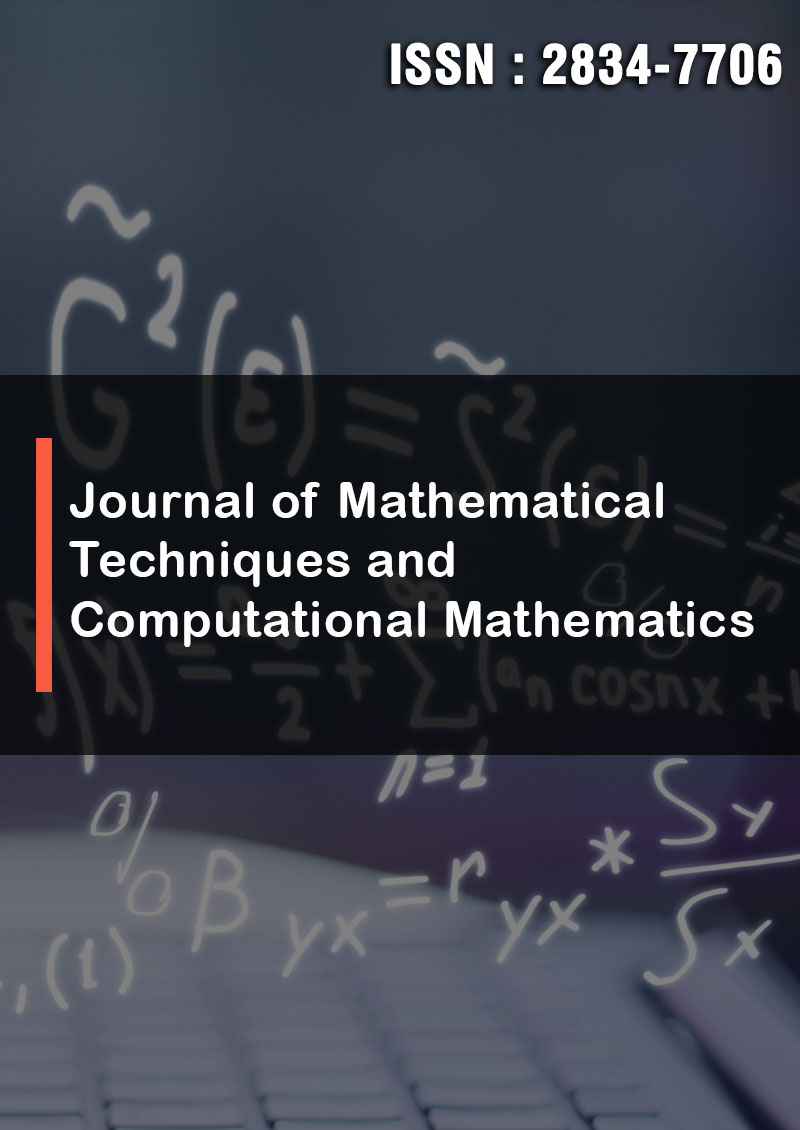Machine Learning-Driven Evaluation of Antidepressant and Mood Stabilizer Combination Therapy in Bipolar Disorder
Abstract
Rocco de Filippis and Abdullah Al Foysal
Background: Bipolar disorder (BD) is characterized by recurrent episodes of mania and depression, requiring long-term mood stabilization. While mood stabilizers such as lithium and valproate are the cornerstone of BD treatment, the use of antidepressants in combination with mood stabilizers has been explored to enhance therapeutic outcomes, particularly in managing depressive episodes.
Objective: This case series aims to demonstrate the superior effectiveness of antidepressants combined with mood stabilizers over mood stabilizers alone in stabilizing mood in patients with bipolar disorder.
Methods: Two patients with bipolar disorder who initially received mood stabilizers monotherapy and exhibited suboptimal responses were subsequently treated with a combination of mood stabilizers and antidepressants. Clinical assessments were conducted using the Mood Disorder Questionnaire (MDQ), Clinical Global Impression-Severity (CGI-S), Hamilton Depression Rating Scale (HDRS), and Global Assessment of Functioning (GAF) before and after combination therapy.
Results: Combination therapy with antidepressants and mood stabilizers significantly improved mood stability in both patients compared to mood stabilizers alone. MDQ scores decreased, CGI-S scores improved, HDRS scores reduced, and GAF scores increased, with improvements sustained over a follow-up period of 12 months.
Conclusion: The combination of antidepressants and mood stabilizers provides superior mood stabilization in patients with bipolar disorder compared to mood stabilizers alone. These findings suggest that combination therapy should be considered in patients who do not achieve adequate symptom control with mood stabilizers monotherapy.



